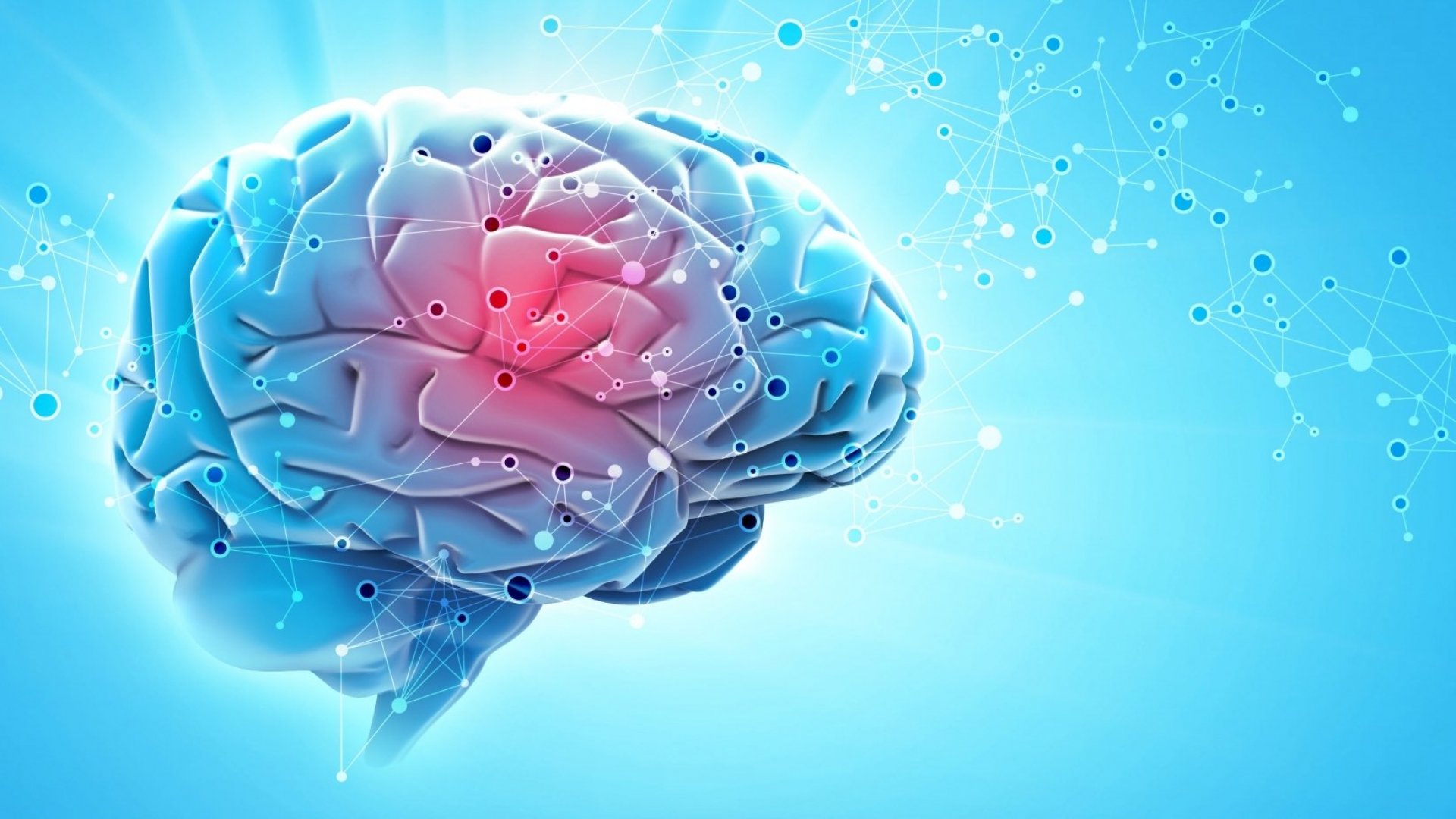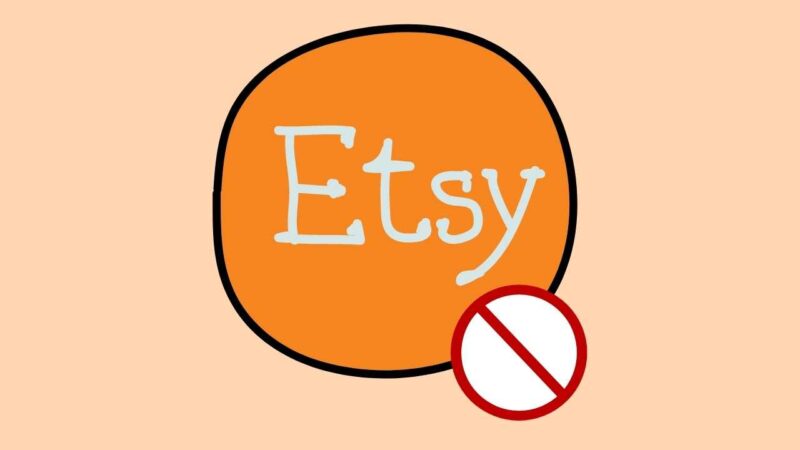True or False: Six EQ Myths | Harvard Business Review Russia

Harvard Business Review Russia
True or False: Six EQ Myths

The popular concept of “emotional intelligence” very quickly acquired so many myths that it became difficult to figure out what it is, how to calculate the EQ and, most importantly, how to apply it in life. Let's try to figure it out.
MYTH 1: EQ vs IQ
Where does the myth come from This is the simplest myth and has almost been debunked. If earlier they talked more about the fact that it is the development of the intellect that rules the world, now the pendulum has gone in the opposite direction: we often hear that the most important thing in life is the development of EQ, and not IQ. The myth is rooted in observations that indicate that it is not A students but C students who become more successful in adulthood.
How really Professor of Psychology at Yale University, co-author of one of the concepts of emotional intelligence, David Caruso, said this surprisingly simply and succinctly: “It is very important to understand that emotional intelligence is not the opposite of intelligence, it is not the triumph of the heart over the head, it is the only way to cross both.” EQ is based on four drivers: awareness, self-esteem, motivation and adaptability, each of which allows you to master strategies that are important for life and business. EQ is an area, a kind of base of the pyramid of personality. By developing individual skills, we strengthen this foundation. And in conjunction with the IQ intelligence vector, emotional intelligence forms the most important strategy, let's call it the strategy of creators. It is this life concept that allows you to really realize the potential of a person and achieve the highest level of self-realization. And the larger the volume of this pyramid (due to the development of EQ and work on IQ), the greater the internal space and the more a person can influence his life, the lives of other people and the world as a whole.
MYTH 2: EQ is for manipulation
Where does the myth come from Emotional intelligence allows you to better understand not only your own emotions, but also the emotions of others. The development of EQ is directly related to social competence, which consists of understanding the emotions of others and managing relationships. This control is often confused with manipulation.
How really Based on the definition, psychological manipulation is social and psychological influence, the desire to change the perception or behavior of other people through covert, deceptive or violent tactics. Developed emotional intelligence is exactly the opposite. It is not a covert, deceptive or violent tactic. Moreover, the development of emotional intelligence allows you to determine when manipulation is directed at you and effectively not succumb to it.
MYTH 3: a person with a developed emotional intelligence always restrains emotions, nothing can break him
Where does the myth come from Emotional intelligence allows you not to react to the senseless emotions of others. A person with a developed EQ has the ability to include, when necessary, an internal observer. Often this helps to remain calm, not to be led by emotion, but to see the essence that lies behind it, which greatly helps to resolve conflicts constructively.
How really EQ helps to understand that behind any non-constructive action, there can actually be a positive intention. Even if your business partner is yelling, they may also have a positive intention. Perhaps he wants to convey to you some very significant thought for him, but he cannot do this without strong emotions. Very often, people use emotional fuel to reach (or help others reach) a thought that seems simple and obvious to them. They feel that something is wrong, but in order to understand what, they need to talk, talk, talk and even resent. A true understanding of the positive intention behind each of the actions allows you to avoid a lot of unnecessary conflicts.
MYTH 4, the opposite: a person with a developed emotional intelligence clearly shows his emotions





